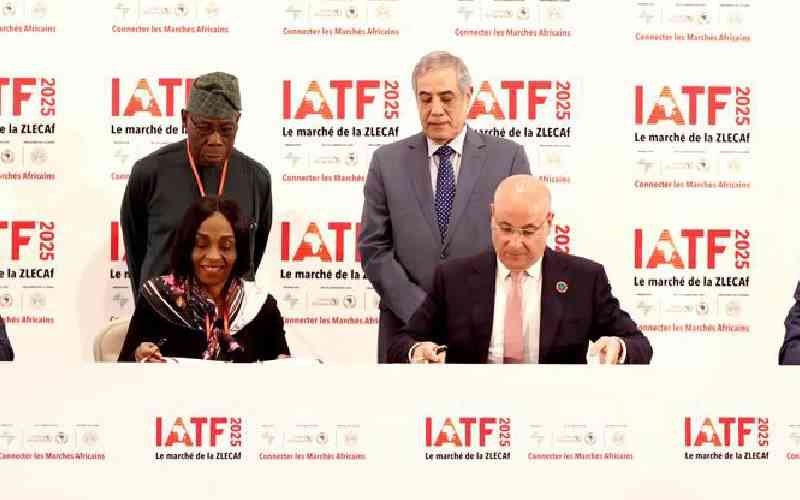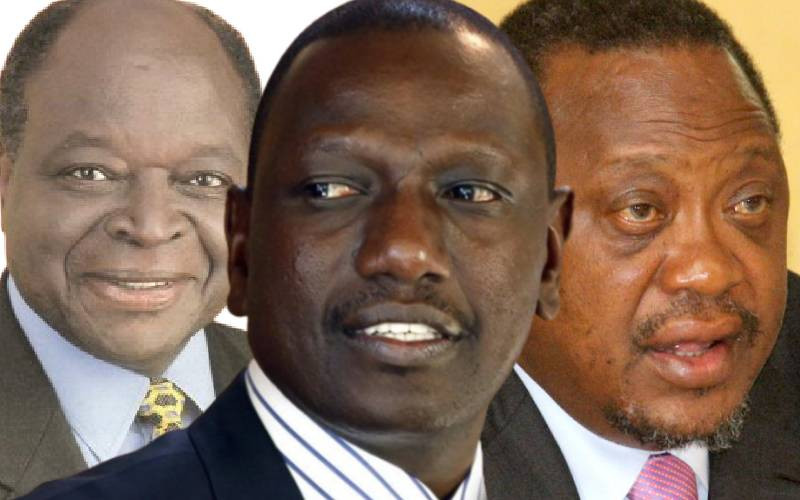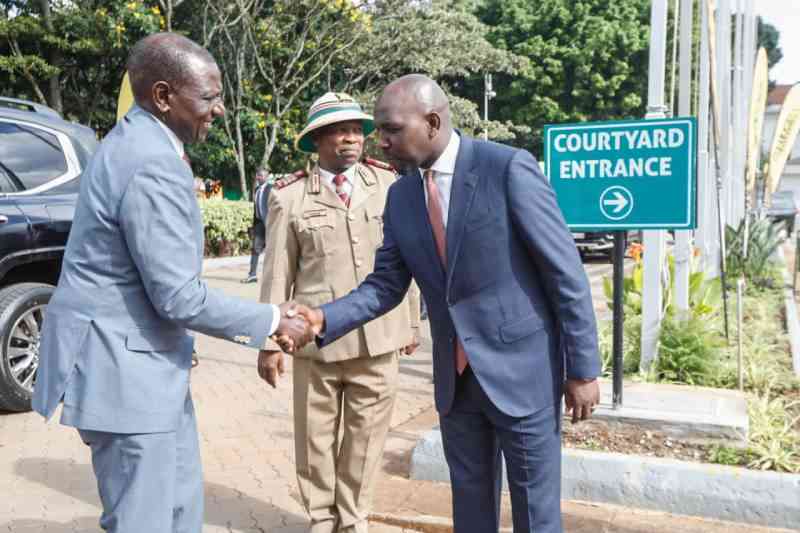NAIROBI: The Kenya Diaspora, estimated as at least three million-strong, is the largest number of Kenyans living away from the motherland at the same time ever.
Our Diaspora is bigger, numerically speaking, than some small island nations. It has a wealth of education, expertise, skill and talent that would do a separate nation state proud. Kenyans are fond of talking about participatory and inclusive dynamics. Kenya's biggest gestures of participatory and inclusive factors will come with a full and symbiotic embrace of and engagement with the Diaspora.
Kenya is lucky in that it has built a homeland-friendly Diaspora. While many Kenyans who left Kenya to form the Diaspora were economic refugees, there was no rancour in their departure and no hard feelings. Those who have comparatively prospered, which is almost all of them, given the foreign exchange differential, lend a philanthropic hand back in the homeland. This is a proactive Diaspora and is most likely to build bridges with the homeland than burn them, unlike a diaspora generated by, say, civil war or some other cataclysmic event.
They are also, collectively, seriously well off and have disposable income to spare. Indeed, the latest available Central Bank of Kenya Diaspora inward remittance figures show that they stood at Sh113 billion in 2013 and accounted for 2.98 per cent of GDP. Clearly, the Diaspora has a vast potential to contribute to the growth of the economy.
This pool of excellence, expertise and wealth is already of great potential utility and value addition to the national development process back home in the motherland. But the Diaspora can do much more for Kenya and for their own standing and credentials as citizens of the world. At the recent Kenya Diaspora Easter Investment Conference in Nairobi, President Uhuru Kenyatta asked Kenyans living abroad to help woo tourists by reassuring people the country was safe despite a wave of militant attacks, hitting back at travel advisories that have further harmed the lucrative sector.
President Kenyatta asked Kenyans abroad to act as "frontline diplomats" lobbying for the country's safari parks and Indian Ocean beaches. Uhuru has argued that the travel advisories issued by Kenya's friends were not genuine in every respect as no one has heard of any travel advisory issued to those visiting Paris, which recently experienced a terror attack. And the Ministry of Foreign Affairs and International Trade has spelled out the role of the Diaspora in the realisation of the Kenya Vision 2030 in driving investments in the priority sectors of the economy such as education, financial services, health, housing, ICT-enabled services, Business Process Outsourcing (BPO), manufacturing and tourism".
The Diaspora contribution, therefore, is a critical component of continuing economic growth in Kenya. In today's connected world and the global phenomenon of social media, including Skype, Kenyans abroad transact with Kenyans in the homeland in real time. In this digitised global village of the 21st Century, Kenya has vast opportunities and immense challenges, including insecurity, which has in its turn adversely affected tourism and given the Kenyan nation brand a battering such as it has not suffered since the post-election violence crisis of 2007-08.
The Government must tap into Kenya's Diaspora human resource in its response to the war on terror. We must reach out to Diaspora and use them to get tourism back on its feet through advocacy in their overseas communities and more frequent visits by themselves. Kenyan experts can talk much more directly, with much more impact, to Kenyan audiences back home, than any other specialists.
Kenya's engagement with its own Diaspora in the national development sphere must be multi-pronged and many-layered. Diaspora diplomacy must become a department unto itself. Diaspora associations will be critically important in strategically harnessing the sons and daughters of Kenya overseas to enhance national development and the impact of global issues on Kenya, including crises – whether economic or terroristic. Reaching out to the Diaspora inclusively and making it a participant in Kenya's prosperity agenda is neither sentimental nor wishful thinking. Already very serious and tangible and long-term things are happening inside Kenya in the field of Diaspora inclusiveness.
Unbeknown to many Kenyans and other Africans, in January 2013, the Executive Council of the African Union acceded to Kenya's offer to host the African Institute for Remittances. Diaspora remittances are a significant component of many African economies in the early 21st Century.
Kenya is leading the way from the highest level in transforming the Diaspora from an initially brain-draining phenomenon into a key Africa-wide national development proactive partner.
 The Standard Group Plc is a
multi-media organization with investments in media platforms spanning newspaper
print operations, television, radio broadcasting, digital and online services. The
Standard Group is recognized as a leading multi-media house in Kenya with a key
influence in matters of national and international interest.
The Standard Group Plc is a
multi-media organization with investments in media platforms spanning newspaper
print operations, television, radio broadcasting, digital and online services. The
Standard Group is recognized as a leading multi-media house in Kenya with a key
influence in matters of national and international interest.
 The Standard Group Plc is a
multi-media organization with investments in media platforms spanning newspaper
print operations, television, radio broadcasting, digital and online services. The
Standard Group is recognized as a leading multi-media house in Kenya with a key
influence in matters of national and international interest.
The Standard Group Plc is a
multi-media organization with investments in media platforms spanning newspaper
print operations, television, radio broadcasting, digital and online services. The
Standard Group is recognized as a leading multi-media house in Kenya with a key
influence in matters of national and international interest.








